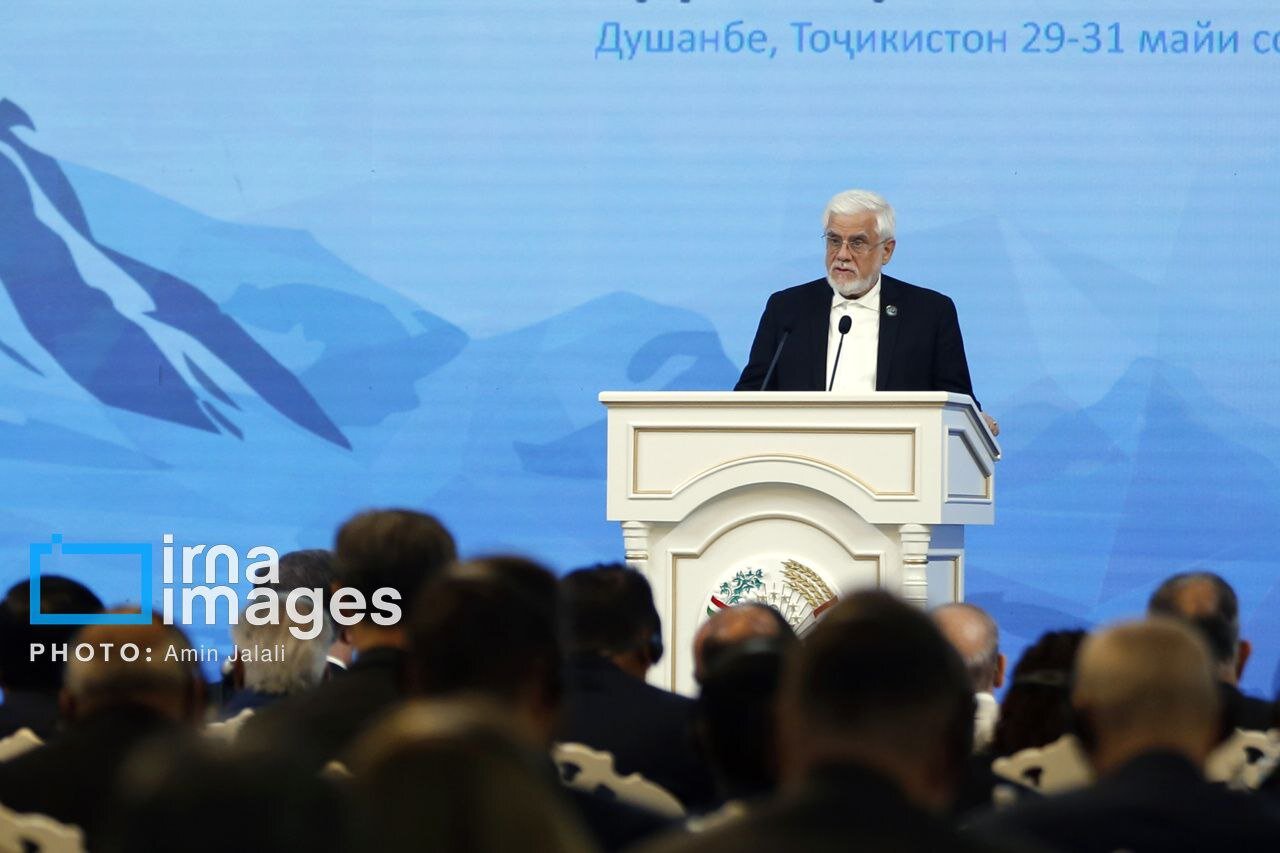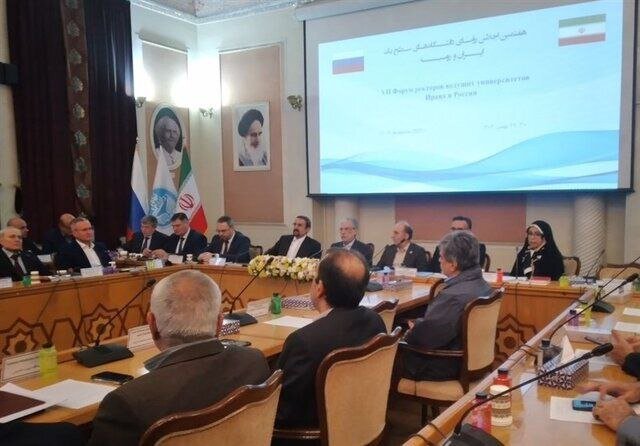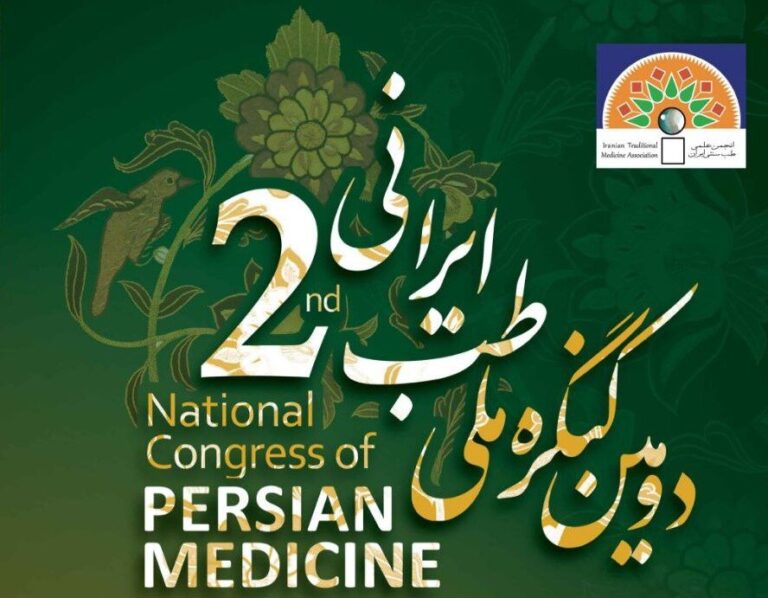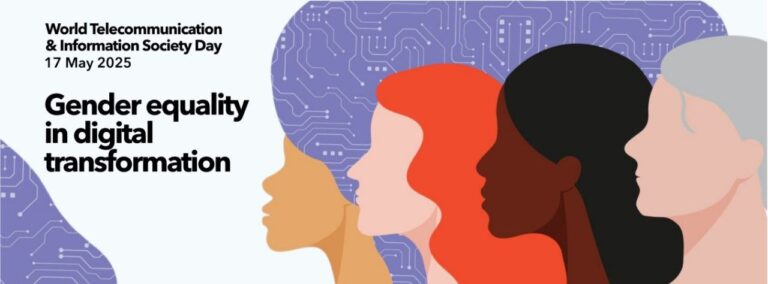
Similar Posts

Faculty Exodus from Iran’s Universities: A Looming Crisis for Higher Education and Healthcare
The exodus of faculty members from Iran’s universities, especially in medical fields, has alarmed educational authorities. Mohammad Jalili from the Ministry of Health noted the trend’s severity, stressing the loss of professors represents a significant national investment. To combat this, he suggested enhancing professors’ social status, improving living conditions, and streamlining recruitment processes. The crisis is widespread, with 53% of professors and 45% of medical professionals considering emigration. Financial constraints, including capped salaries, further exacerbate the issue. Without urgent reforms to improve conditions and compensation, Iran’s educational and healthcare systems face destabilization.

Iranian and Russian Universities Strengthen Collaboration for Enhanced Academic Partnerships
Iranian and Russian universities have strengthened their collaboration in higher education by establishing a secretariat to enhance communication and deepen scientific exchanges. This initiative aims to implement existing agreements and foster new partnerships through joint scientific projects, faculty exchanges, and student scholarships. Notably, Shiraz University and St. Petersburg University have signed 12 memorandums of understanding to boost cultural and educational activities, including summer and winter schools for students. Specialized training courses for mining engineers and joint research initiatives are also planned. These efforts reflect a commitment to advancing education, research, and cultural understanding between the two nations.

DOE and IFO Strengthen Partnership to Safeguard Aquatic Resources
The Department of Environment (DOE) and the Iranian Fishery Organization (IFO) are enhancing their collaboration to preserve Iran’s aquatic resources and biodiversity in the northern and southern seas. Key strategies discussed include protecting natural habitats like corals, restoring damaged coastal areas, and conserving mangrove forests. They also reviewed fishing regulations in the Sea of Oman, emphasizing compliance for fishing permits. Additionally, the DOE announced a comprehensive data bank on over 5,000 marine species to support biodiversity efforts. Ongoing initiatives include coral restoration, wetland registration, and monitoring marine environments, aiming for sustainable management of aquatic ecosystems.

Iran Joins Global Dialogue at 2025 BRS COPs in Geneva: A Crucial Step for Environmental Action
A significant conference, the 2025 BRS COPs, is underway in Geneva from April 28 to May 9, focusing on the theme “Make visible the invisible: sound management of chemicals and wastes.” With over 1,600 participants from 170 countries, the event brings together stakeholders committed to environmental protection and addresses hazardous chemicals and waste management. Discussions include sessions on the Basel, Rotterdam, and Stockholm Conventions, covering topics like waste classification, listing hazardous chemicals, and eliminating persistent organic pollutants (POPs). The outcomes of these meetings are crucial for shaping international policies on chemical safety and waste management, promoting a healthier planet.

Discover the Future of Healing: 2nd National Congress on Persian Medicine Set for November
The second national congress on Persian medicine will be held in Tehran from November 12 to 14, gathering specialists to discuss advancements in the field. Key topics include preventive medicine, personalized approaches, herbal therapies, and the integration of technology in diagnostics. Following the inaugural congress in May 2024, the event aims to enhance Iran’s global presence in traditional medicine, where it ranks third in clinical trials, after China and India. Despite only 0.3% of healthcare professionals being experts in this field, ongoing training and skill development are priorities for advancing Persian medicine. The congress promises valuable insights into this ancient discipline.

Empowering Women in the Digital Age: Celebrating Gender Equality on WTISD
Access to the internet and digital technologies is essential for progress, yet around 2.6 billion people, mainly women, face barriers to participation in the digital economy. On World Telecommunication and Information Society Day (WTISD) 2025, the focus is on advancing digital gender equality, enabling women and girls to benefit from digital transformation. Zahra Behrouz-Azar emphasized empowering women to leverage digital development for broader social improvements. WTISD also marks the 160th anniversary of the International Telecommunication Union, highlighting its role in promoting global connectivity. Ensuring equal access to digital tools is vital for economic growth and sustainable development.